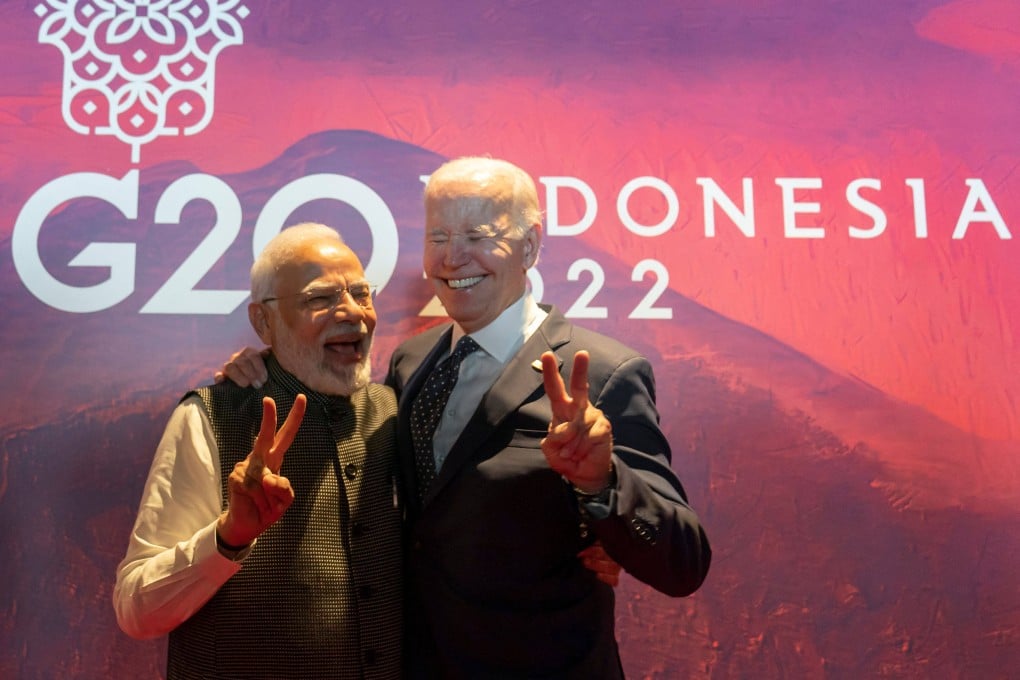Advertisement
Opinion | Despite US unease, India may be its best partner in a multipolar world
- India’s strategic autonomy and aversion to ideological groupings irk Washington but, unlike other allies, it is not reliant on US military aid and defence exports
- As India assumes the G20 chair, the US will become patently aware of New Delhi’s role in the Global South and the West – and should seek to capitalise on this
Reading Time:3 minutes
Why you can trust SCMP
5

At the risk of sounding polemical, if Indian analysts at think tanks in Washington, New York or London got a penny every time they heard an armchair expert opine about how India is a very difficult country or why it is not condemning so and so, they’d all be rich by now.
Last year, New Delhi’s position on Russia’s invasion of Ukraine meant that those opinions became a prominent feature of any commentary on US-India relations, like a broken record. The US-India partnership has expanded far and wide, from Hawaii to the Himalayas, from defence and maritime security to vaccines, climate change and, most recently, supply chains.
Yet, Washington’s Cold-War-era ideas of India, and the Biden administration’s bifurcation of the world into “us vs them”, has proved a dampener on the relationship.
Advertisement
India was the leading force behind the non-alignment movement during the Cold War. A 21st-century transformation of that policy is the Modi administration’s multi-alignment strategy, which aims to forge issue-based partnerships and alliances over the ideological groupings the West champions.
But this frustrates the government and think-tank analysts alike in Washington – they dislike India’s strategic autonomy and aversion to ideological groupings.
Advertisement
For India, its collaboration with Russia is a time-tested defence and trade partnership and, more recently, one of economic value. In mid-2022, Moscow offered New Delhi a steep discount on crude oil and was providing a steady supply of fertilisers.
Advertisement
Select Voice
Select Speed
1.00x
